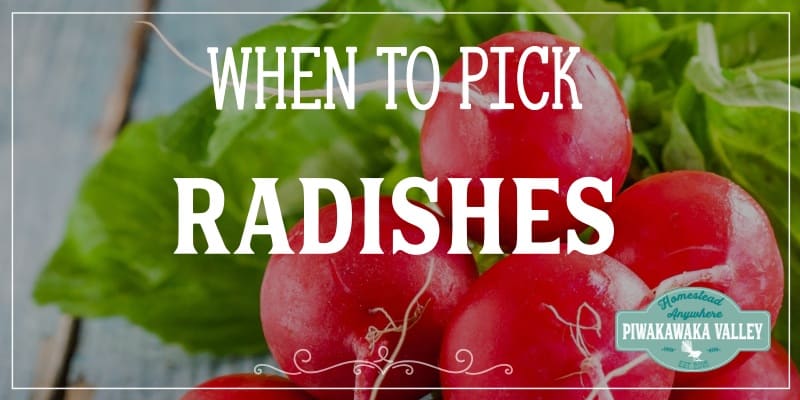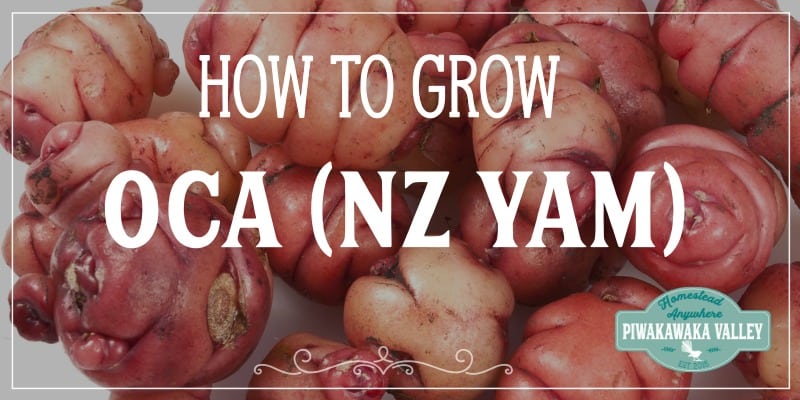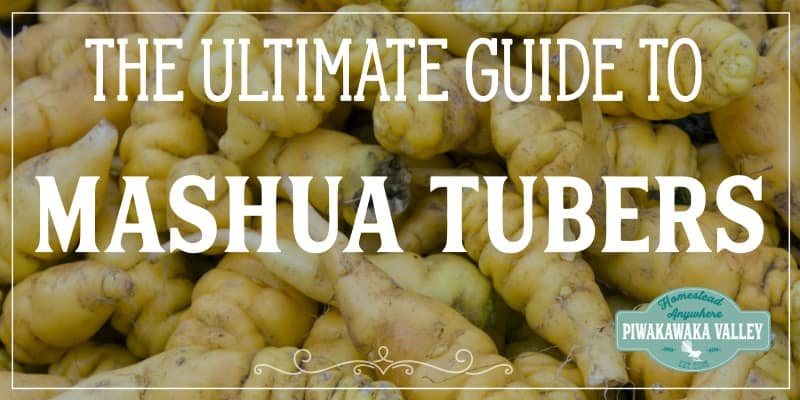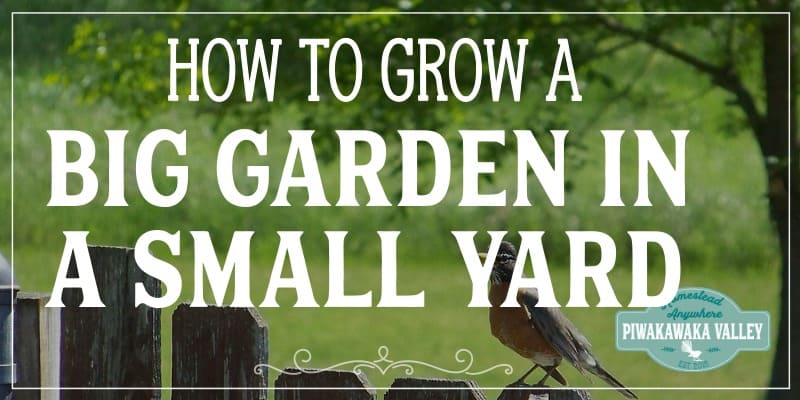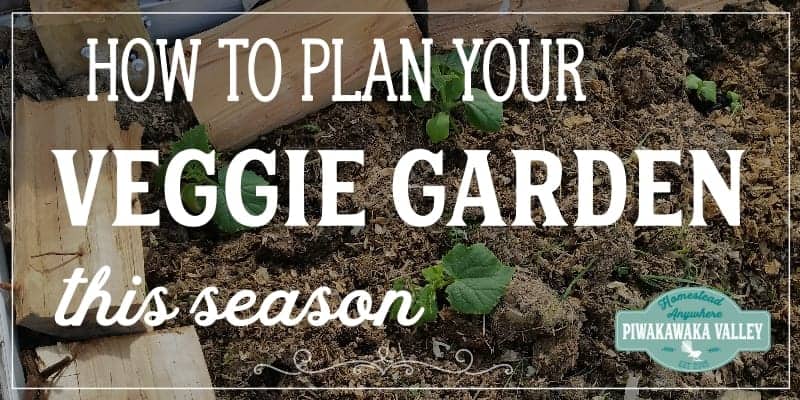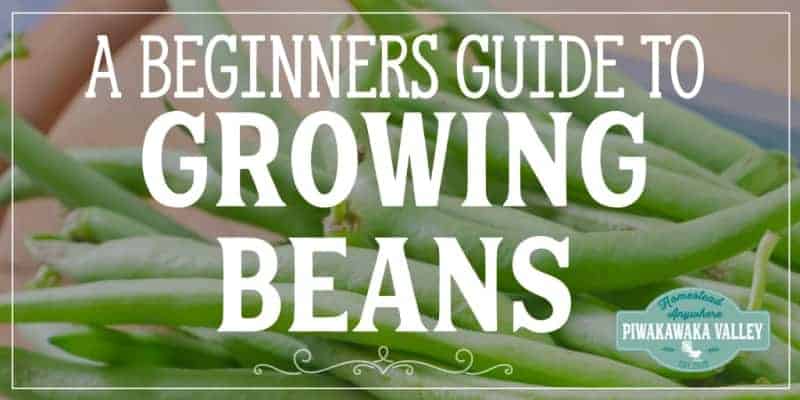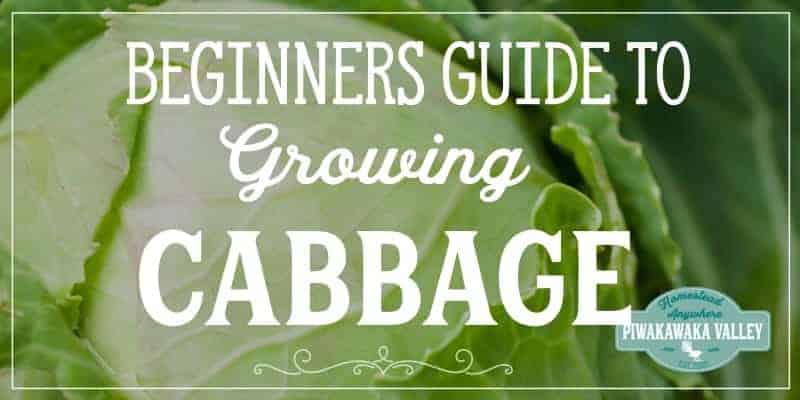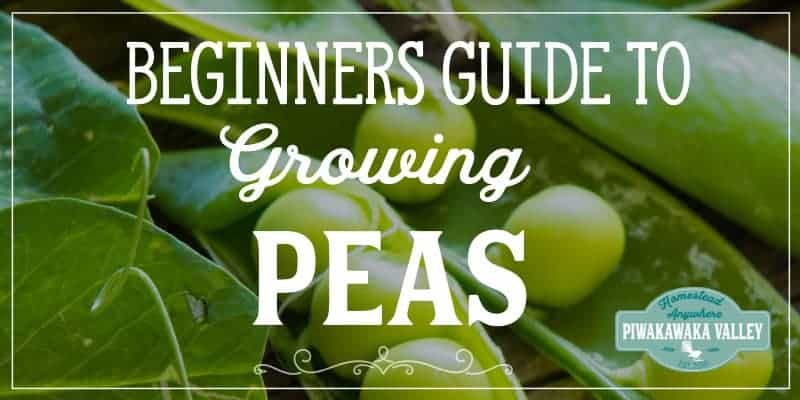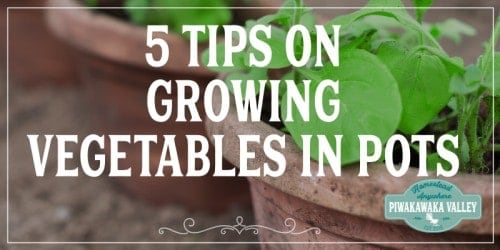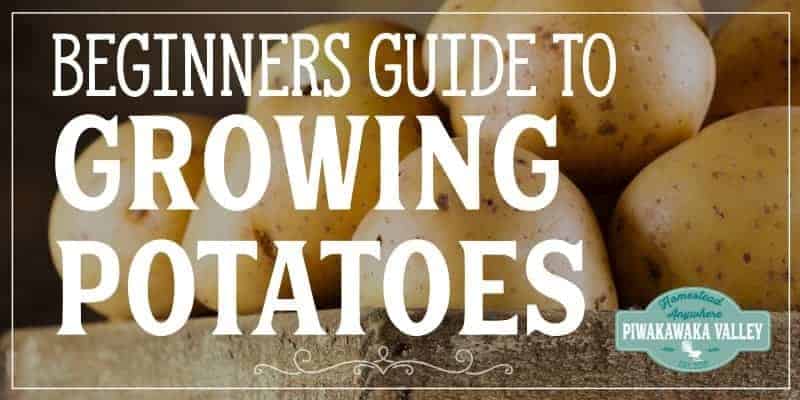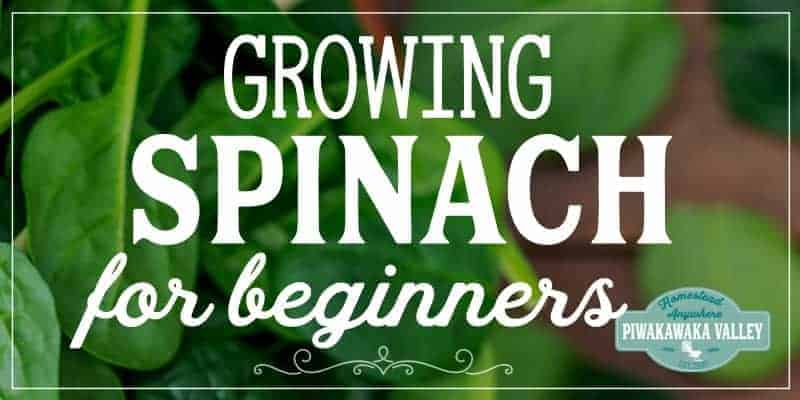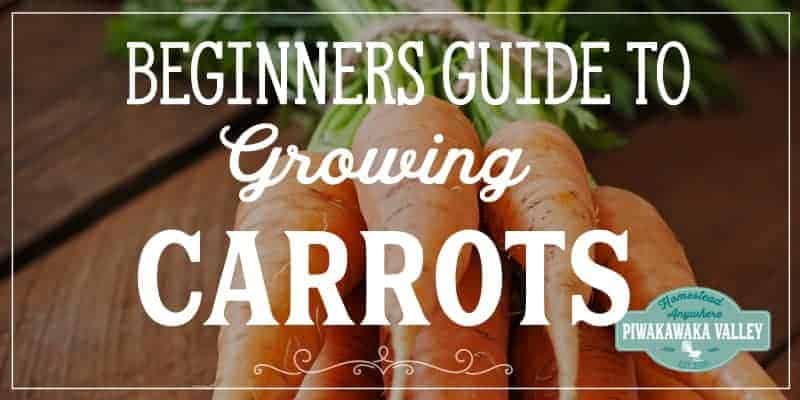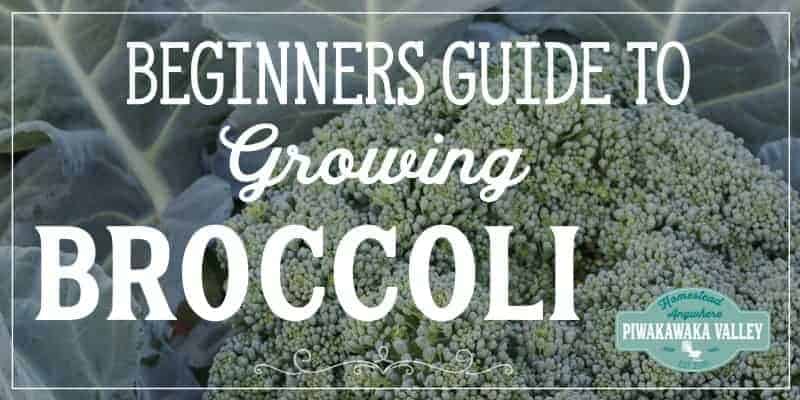This post was most recently updated on April 1st, 2021
There is nothing like the taste of a sweet, sun ripened, home-grown strawberry. They are so very different to the sour monsters that you buy at the store, I refuse to buy strawberries these days. I have the best way of how to get more strawberry plants for free.
Please read: This information is provided for educational purposes only and is not intended to treat, diagnose or prevent any disease. We encourage you to make your own health care decisions in partnership with a qualified health care professional.
This post contains affiliate links, this means at no extra cost to you, we make a commission from sales. Please read our Disclosure Statement
How to get more strawberry plants for free: planting strawberry runners
When we moved to Piwakawaka Valley Homestead the kids requested a large strawberry patch, and when you own 10 acres, it seems silly to decline such a request!
Out our living room window there is a gentle slope that is perfect for growing strawberry plants on.
The only problem is that I didn’t have the money to invest in 400 strawberry plants!
Strawberry plants are not expensive if you are wanting just 4-10 for your little container garden. But when you are buying hundreds of them, they can really add up!
RELATED: Growing a garden in pots
Why you grow strawberries from runners not from seed
Strawberries are often hybrids that have been the result of crossing two or more varieties to get the delicious strawberries that we know today.
Hybrid plants will not grow true to seed, so while you can grow strawberries from seed, you will not get a replica of the parent plant.
However, runner ‘pups’ are exact clones of the parent plant and are the way to ensure you are getting the same variety every time.
RELATED: Edible landscaping plants
How to grow strawberries from runners
Once you have worked out where your strawberry plants are going to go, it is time to grow new plants from runners.
1 Find some existing strawberry plants
Chances are that you know someone that grows strawberry plants. The good thing is that strawberry plants replicate prolifically!
Varieties
Most people that have a bunch of strawberry plants will have varieties that are yummy and worth growing. If you get a selection of different varieties then you can choose your favourite and grow more of them.
Some varieties will fruit at different times, so having a selection of strawberry varieties will help spread out your harvest.
Healthy Plants
Check that the mother plants that you are getting your runners from are nice and healthy looking. The last thing you want to do is introduce a disease in to your new strawberry bed!
2 Wait for the strawberries to grow runners
During the growing season the strawberry mother plants will send out strings of runners.
These look like thin branches that they send out. Each plant can grow 4 or 5 runners and each runner can have several ‘pups’ or baby strawberry plants on them.
If the runner has more than one pup on it, remove everything past the first pup as the one closest to the mother plant will have the most energy sent to it, and it will develop the strongest plant.
3 Getting roots on the runners
Strawberry runners will naturally seek out soil before sending out roots, to encourage some root growth make sure that the runners can touch the soil or at least some water.
We have tires around a lot of our strawberries to help keep the weed mat down in the very strong winds we get here. The benefit to this is that they hold a small amount of water which is perfect for the strawberry runner pups to start developing roots in.
4 Potting up strawberry runners
If your plants are growing on weed fabric, you can sit your pups in small pots of soil to encourage them to grow roots while they are still attached to the mother plant.
If the pups have access to soil or water and are starting to grow their own roots you can move them in to small pots to continue to develop their roots.
If your plants are growing roots in the dirt, you can skip potting them up and move them straight to their new garden bed spot if you like. They will still need cared for carefully as below for a while until they are established.
5 Snipping off the runners from the mother plant
Once the pups have a root system of at least an inch it is time to snip them off from the mother plant. If they have developed this in the soil or water next to the mother plant, then you can snip them off before potting them up.
Use sharp, clean scissors or secateurs and clip the runner branch both next to the mother plant and next to the baby plant. This bit of branch can be left as mulch or added to the compost pile.
6 Caring for your baby strawberry plants
Baby strawberry plants will need to be cared for as they further develop their root system and learn to live independently.
Once they are well established in their pots you can replant them in to the garden, give them as gifts or keep them in a pot.
Soil/potting mix
Strawberries like the soil pH to be between 6.2 and 6.8, which is more acidic than most garden soils. To remedy this you can mulch heavily in pine needles or wood mulch and make sure the plants are in some good rich compost. If you soil is very alkaline you will need some acid mix for the soil.
You can buy soil testing kits so that you know exactly what you are dealing with before you start messing with the soil’s pH.
Water
Strawberry babies are likely to sulk for a week or so as they adapt to using their own roots. They will need a light water daily for the first week, and every other day for the second week, and then once or twice per week there on out.
Strawberries are pretty tolerant of both dampness and dry conditions for a short while, but they will be stunted and small without ample water, and too much dampness will make them rot out.
The perfect option is free draining soil with regular watering.
Feeding
It is a good idea to give your new strawberry plants a feed of liquid fertilizer when you first plant them, this will help reduce the transplant shock. I love using this one or Seasol.
Once your plants start fruiting, weekly feeding will help ensure a big harvest.
Protection
I have found the best results for growing strawberries from runners happen when I take the new runners in to my tunnel house for a month or two and water them regularly there.
The extra warmth and shelter seem to really give the plants the best start. If you don’t have a tunnel house, try and find a sheltered spot that is out of the scorching sun or blowing wind that still gets plenty of light.
Planting out your Strawberry Plants
Once your new strawberry plants are looking good and healthy in their pots you can plant them out in to your new garden bed at 16inch/40cm spacings.
Please see here for everything you need to know about growing strawberry plants.
Replanting Strawberries
Every strawberry plant goes through cycles of productivity – the first year you will get less berries, the second and third year are peak production and then they start to taper off again.
It is really good practice to have your strawberry plot split in to two or three, and to replant the plants in one area each year. This will help keep your beds in high production.
You can leave your runners in the garden to develop roots right next the the mother plant, and then in late winter/early spring you can pull everything out and start again in that area.
To do this you will want to pull all the plants out an sit them in a pile while you remove all the weeds from the garden bed and amend the soil with some compost and fertiliser.
Then you can re-plant your plants at 16inch/40cm spacings and give them a good water.
How to grow strawberries from seeds
Growing strawberry plants from seed is more difficult than simply planting existing strawberry plants.
Be aware that strawberry seeds from most hybrid cultivars will not reproduce true to form. Alpine varieties and heirloom seeds usually will (along with a few of the new F1 cultivars), so factor that in when planting strawberry seeds.
This means that it is not as simple as using the seeds off the outside of a store bought strawberry to grow a plant, because it may not work. Some online seed stores do sell strawberry seeds, these are the varieties you should use if you are trying to grow strawberries from seed.
Most strawberry seeds need to be chilled to make them think that they have had a winter before they will start to grow. To do this seal the seeds in a jar and place them in the freezer for a few weeks.
Create a seed bed in a container with some seed raising mix. Sprinkle the seeds on top and dust a thin layer of seed raising mix over the top.
Keep the seeds warm and moist and they should sprout in 2-3 weeks. Thin the seedling to 1 inch spacings and allow to grow to 2 inches tall before transplanting to a container or out to the main garden once all chance of a frost has passed.
We have put together a fantastic resource on growing your own food year round – The Homesteaders Guide to Seasonal Eating shows you STEP BY STEP how to start and grow a garden at your place.
Every season there are planting guides, gardening lessons, garden tasks and chores, recipes and ways to preserve your harvest. 266 pages of self sufficiency right there!
If you would like help getting the most out of your garden, I would love to help you, find out more here
RELATED: Free Gardening Resources
If you like tips on frugal living, self sufficiency and consuming less, sign up to our newsletter below, I would LOVE to have you
For further reading, I really recommend all of these books. I own every one of them and they are amazing resources!







